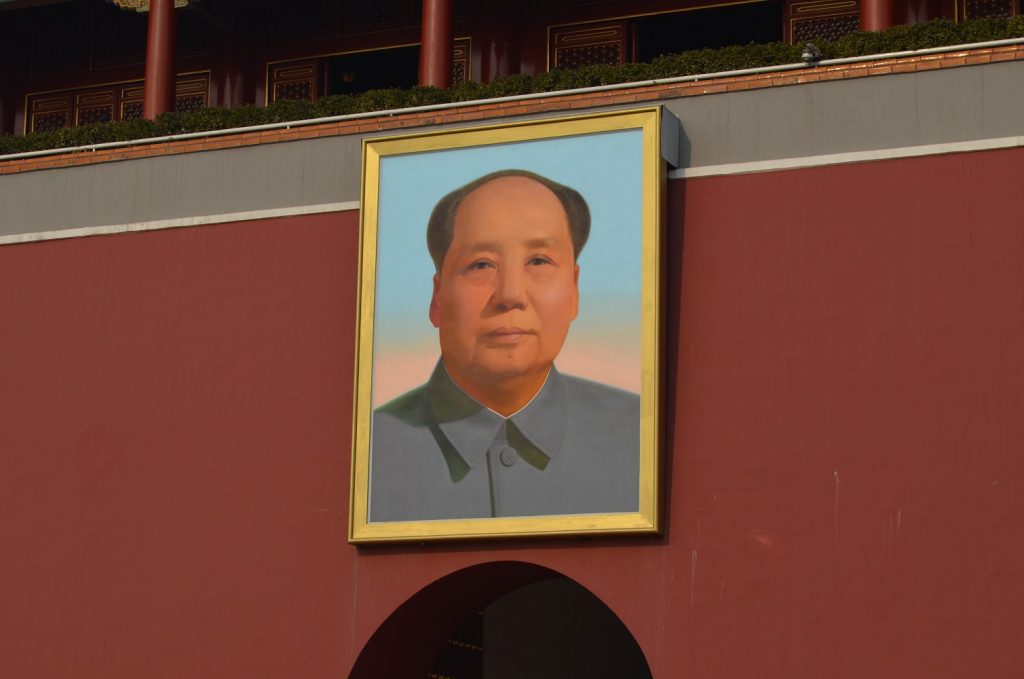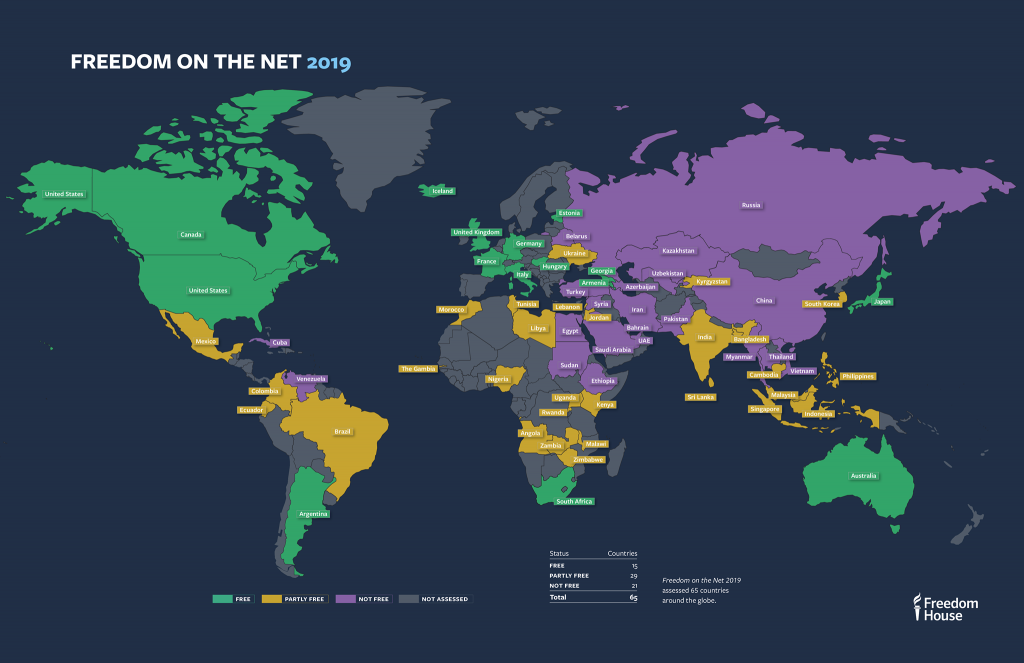According to the Freedom House 2019 Freedom on the Net index, Estonia has the second freest internet in the world – after Iceland.
Estonia scored 94 out of a hundred in this year’s Freedom on the Net index, maintaining its score from the last year. However, in the 2018 index, Estonia and Iceland both scored the same, sharing the freest internet in the world title. In the 2019 index, Iceland has passed Estonia by one point, scoring 95 out of a hundred.
The full country report for Estonia isn’t yet available. The index does, however, provide a list of criteria behind the ranking, namely that no networks, social media and websites are blocked, and no internet users have been arrested.
Iceland became the world’s best protector of internet freedom in 2019, registering no civil or criminal cases for online expression. “Users in this island country enjoy near-universal connectivity, minimal restrictions on online content, and strong protections for their rights online,” Freedom House said.
Internet freedom is on decline
Canada has the third freest internet in the world, followed by Germany, Australia, the United States and the United Kingdom. France, Armenia and Georgia complete the top 10.
The least free internet in the world is in China, followed by Iran, Syria, Cuba and Vietnam.
In general, internet freedom is on decline across the world, however. “Internet freedom is increasingly imperiled by the tools and tactics of digital authoritarianism, which have spread rapidly around the globe,” the foreword to the index said. “Repressive regimes, elected incumbents with authoritarian ambitions, and unscrupulous partisan operatives have exploited the unregulated spaces of social media platforms, converting them into instruments for political distortion and societal control.”

“While social media have at times served as a level playing field for civic discussion, they are now tilting dangerously toward illiberalism, exposing citizens to an unprecedented crackdown on their fundamental freedoms. Moreover, a startling variety of governments are deploying advanced tools to identify and monitor users on an immense scale. As a result of these trends, global internet freedom declined for the ninth consecutive year in 2019.”
Social media as a platform for malign influence operations
“Social media allow ordinary people, civic groups, and journalists to reach a vast audience at little or no cost, but they have also provided an extremely useful and inexpensive platform for malign influence operations by foreign and domestic actors alike. Political leaders employed individuals to surreptitiously shape online opinions in 38 of the 65 countries covered in this report – a new high,” the report said. “In many countries, the rise of populism and far-right extremism has coincided with the growth of hyperpartisan online mobs that include both authentic users and fraudulent or automated accounts. They build large audiences around similar interests, lace their political messaging with false or inflammatory content, and coordinate its dissemination across multiple platforms.”
Freedom on the Net is a comprehensive study of internet freedom in 65 countries around the globe, covering 87 per cent of the world’s internet users. It tracks improvements and declines in internet freedom conditions each year. The countries included in the study have been selected to represent diverse geographical regions and regime types.
Cover: Freedom on the Net 2019 map (Freedom House).

